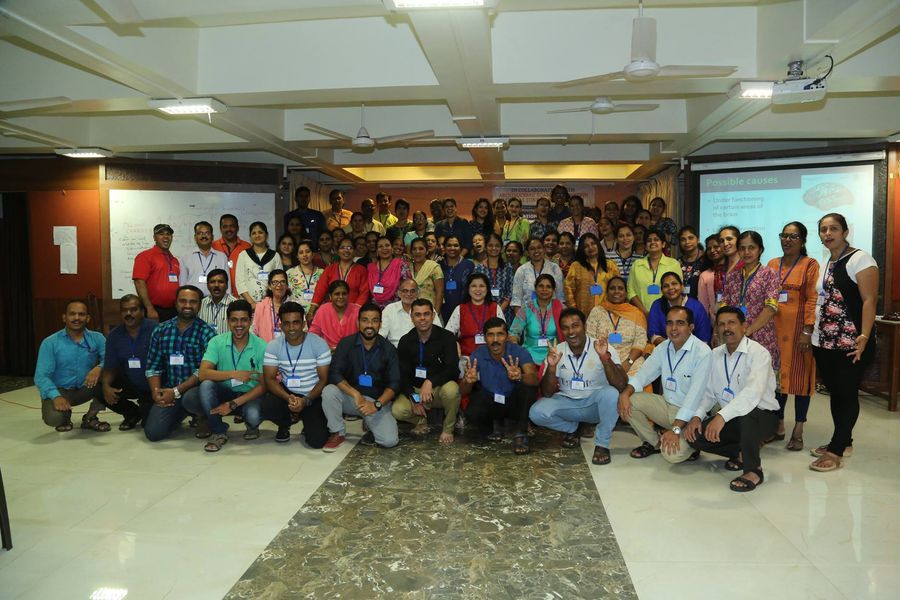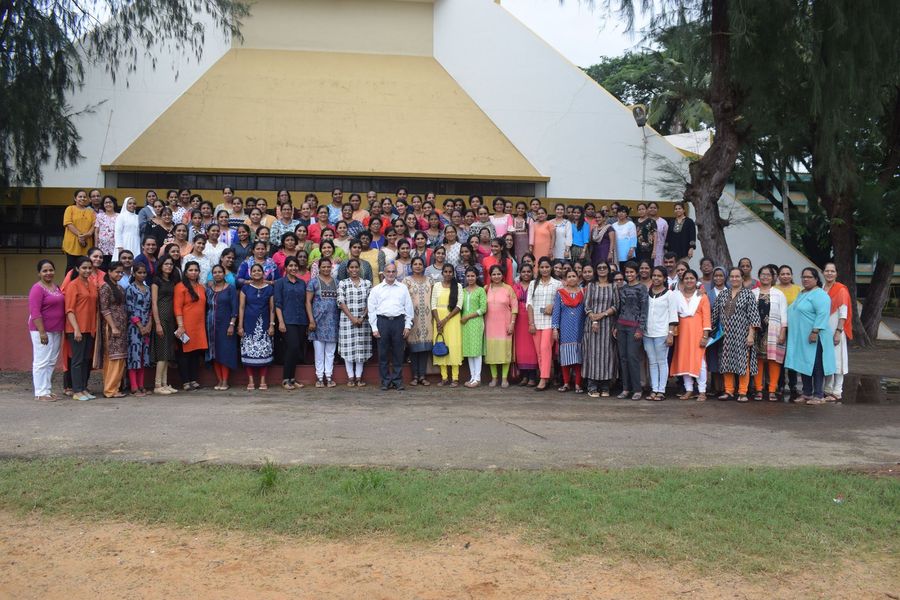

by BIS Correspondent
MUMBAI, AUGUST 3, 2018: Don Bosco Research Centre (DBRC) conducted a training workshop for teachers entitled ‘Learning Disabilities: Identification and Remediation’ at multiple locations across Maharashtra in June and July.
The first session was held at the Don Bosco Provincial House, Matunga on June 22, Our Lady of Salvation Church, Dadar, on June 28 and July 12. The workshop was also held at Don Bosco High School, Panjim, Goa on July 17.
Twenty teachers from six schools participated in the Matunga workshop; and 72 teachers from 43 schools participated across two days in the Dadar workshop. In Goa, 130 teachers from 49 schools participated.
Father Ajoy Fernandes, who holds a Ph. D in Counselling Psychology, with a major in Clinical Counselling was the chief resource person at these workshops. The workshop helped teachers understand the difference between children who have a low intellectual capacity; those who suffer from Attention Deficit/ Hyperactivity Disorder; Specific Learning Disorders – dyslexia, dyscalculia and dysgraphia; and difficulty with visual-motor coordination.
Father Fernandes explained the nature of different kinds of intervention required for assisting children with each category of difficulty. He emphasised that interventions are most effective when initiated at a young age. Apart from illustrating his presentation with incidents drawn from actual life situations, he acquainted teachers with simple checklists that could assist in identifying children who might be at risk for learning disorders.
Participants were also informed about government-endorsed provisions for children with learning disorders; and centres to which children with difficulty could be referred for assessment and assistance.
“I now feel better equipped to understand the nature of children’s learning difficulties, and the way in which they can best be helped,” a teacher, who summarised the experience of her colleagues at the workshop, said. A number of teachers shared a similar sentiment.
Father Fernandes requested the participants to share the information imparted at the workshop with their colleagues in their respective schools. Given that there were representatives from around 96 schools, the benefit of the workshop is expected to extend to a large number of children across these cities.